Websites allowing illegal activity 'complicit in crime'
- Published
Craigslist sales of cocaine and stolen passports exposed
Websites that do not prevent the sale of illegal goods are complicit in cyber-crime, a crime chief has said.
Class A drugs, counterfeit cigarettes and stolen passports are among a host of illicit items and services that can be bought through online listing sites.
Clive Grunshaw, the Association of Police and Crime Commissioners' cyber-crime lead, said tougher laws were needed.
The illegal services were all found on classified ads website Craigslist.
In secret filming I carried out for BBC Inside Out, the availability of illegal goods on the site was laid bare.
I was able to obtain cocaine from a dealer in Derby, which testing found had high purity levels.
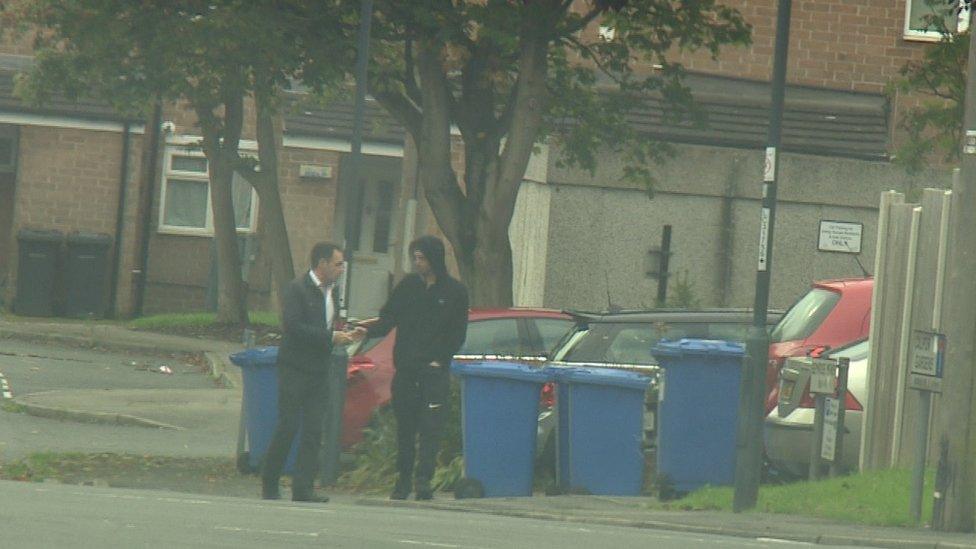
Reporter Jonathan Gibson, left, meeting with a cocaine dealer in Derby
"I'm shocked what's there because it's not difficult for the internet companies to put elements on to their websites to police this sort of stuff," said intelligence and security expert Philip Ingram after viewing the footage.
"They should be policing it and taking it down."

The cocaine bought had high purity levels, testing found
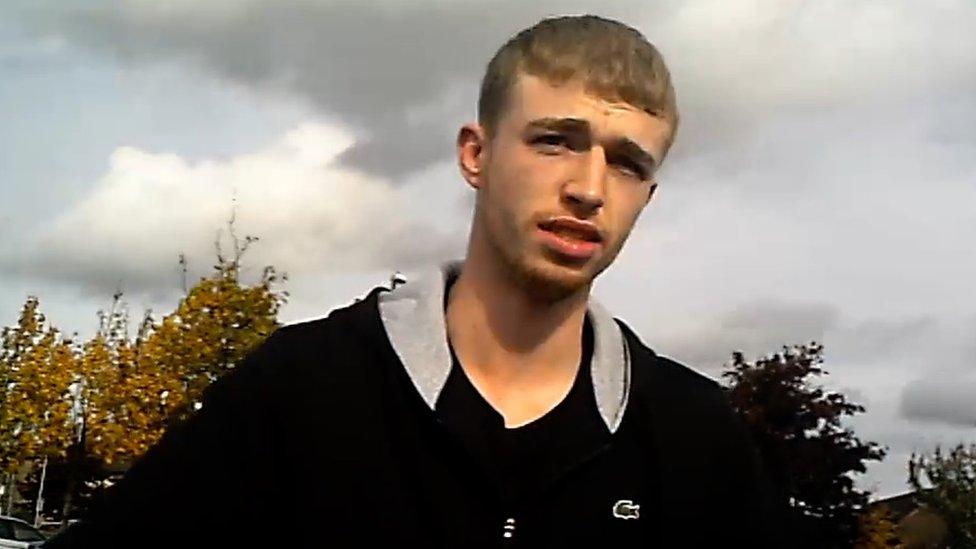
The cocaine dealer did not comment when approached by the BBC

Items among those listed as prohibited on Craigslist:
Weapons; firearms/guns and components
Prescription drugs, medical devices, controlled substances and related items
Alcohol or tobacco, unpackaged or adulterated food or cosmetics
Anyone's personal, identifying, confidential or proprietary information
ID cards, licences, police insignia, government documents, birth certificates
Goods, services, or content that violates the law or legal rights of others
Source: Craigslist

Stolen passports were also available for sale for £550.
We filmed one seller saying he uses them to help others commit bank fraud.
He says: "I do them bank fraud things and we take the holders' IDs off them and if they mess about with me I just sell their IDs," he said.
Our investigation also found evidence of people advertising money laundering services on the site.
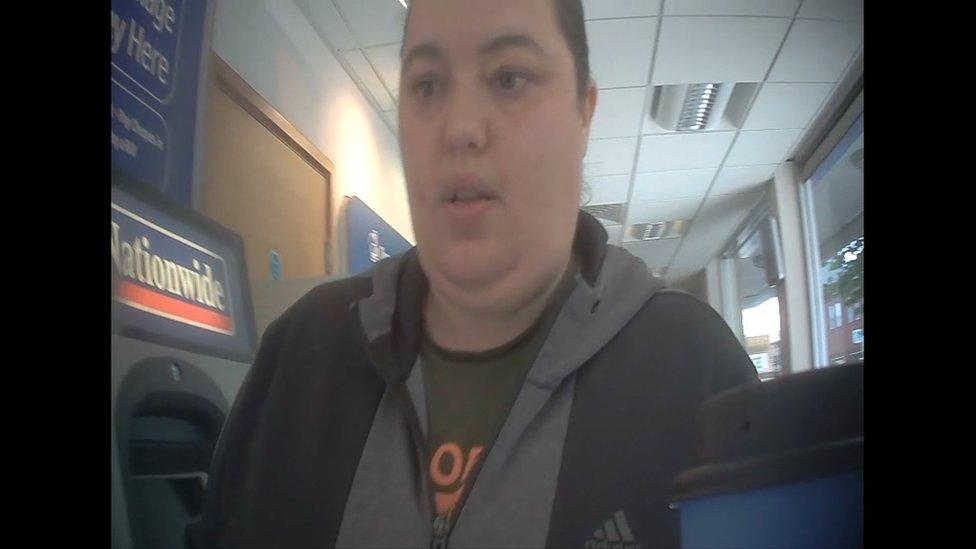
A woman named Stacey offers her bank account to people who want to use it on Craigslist
A woman named Stacey, from Ashton-under-Lyne, Greater Manchester, offers her bank account on Craigslist to anyone who wants to use it.
Criminals are often prepared to pay someone to hide money made illegally, so it cannot be traced back to them.
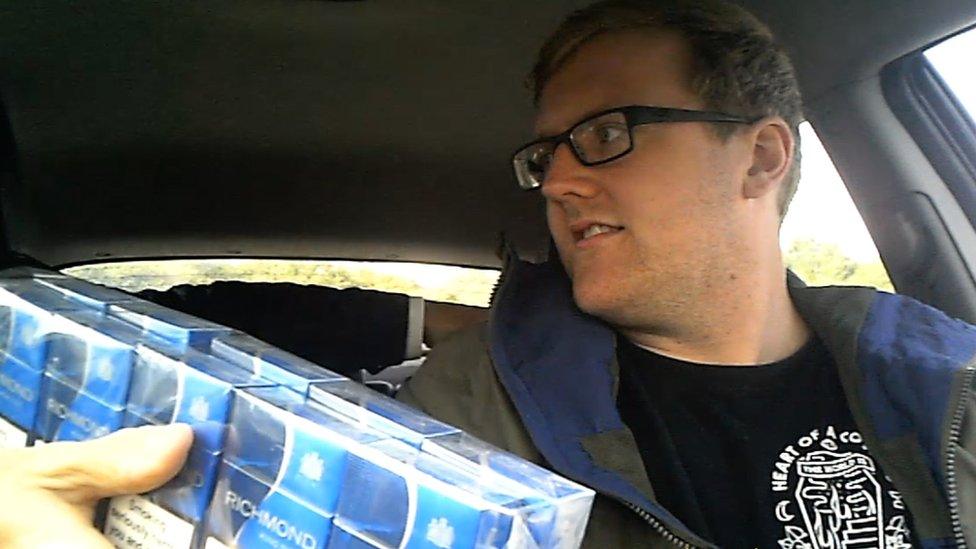
The BBC was also able to purchase bootleg cigarettes through the website
We asked a number of organisations what is being done to tackle crime on sites like Craigslist.
However, no single agency took responsibility for the full range of criminal activity on those types of sites.
For example, City of London Police said it is the UK's national fraud and internet crime reporting centre.
However, Mr Grunshaw said legislation should be in place to ensure websites "get their house in order".
"If there are people that are using their sites for criminal activity then they are allowing that, they are complicit in that by allowing that to happen," he said.
"Websites like this that allow criminal activity to occur, they have got their responsibility and I think that they should be held accountable themselves."

Other 'services' advertised on Craigslist
As part of our investigation, one man from Slough advertised for people to take his driving theory test for him.
But when we turned up, there was a snag - he was black, and I was white. Despite this, he insisted I go ahead with the test.
When told the photograph will be checked against a database, he replied: "Well just try and if not you can just leave it."
I did not take the test.
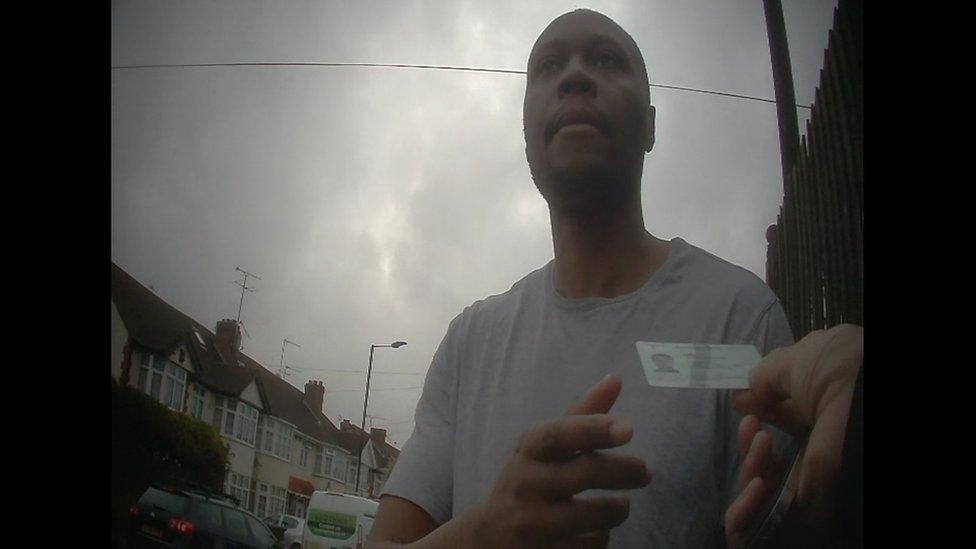
A man offered payment to have his driving theory test taken on the site

The latest investigation comes after the BBC found people being offered accommodation in exchange for sex on the site.
The Home Office said it was "determined" to get ahead of "new and emerging threats to the safety and security of our families and communities".
In a statement it added: "What is illegal online is illegal offline and we cannot allow online platforms to be looked upon as a safe space for those that would harm and exploit the most vulnerable in our society or engage in criminal activity.
"We are working to ensure technology companies live up to their responsibilities of preventing their services from being used for criminal activity and are further exploring how classified advertisements websites are being used to facilitate crime."
The BBC has contacted Craigslist for comment but it has not responded.
See this story in full on BBC Inside Out West Midlands at 19:30 BST on BBC One on Monday 23 October, or via iPlayer for 30 days afterwards.
- Published9 October 2017
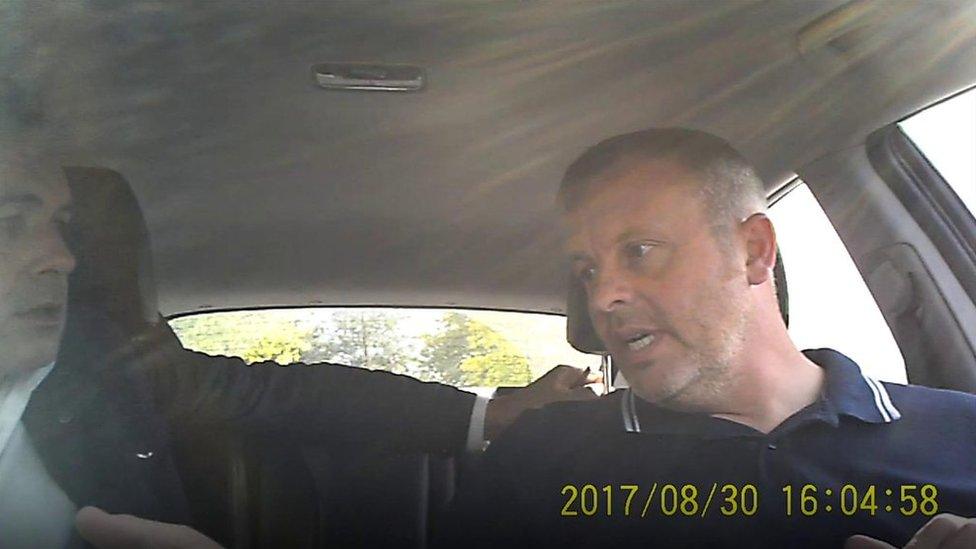
- Published4 September 2017
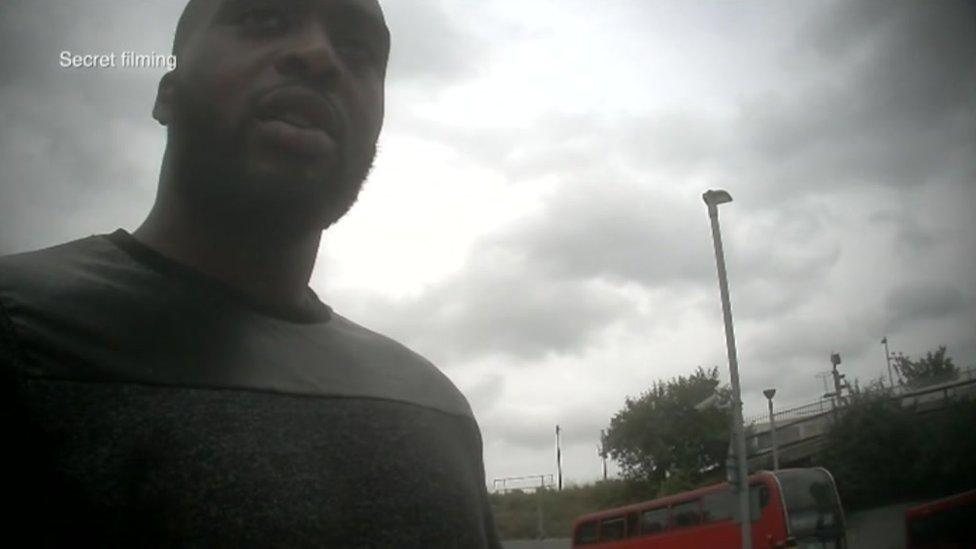
- Published4 September 2017
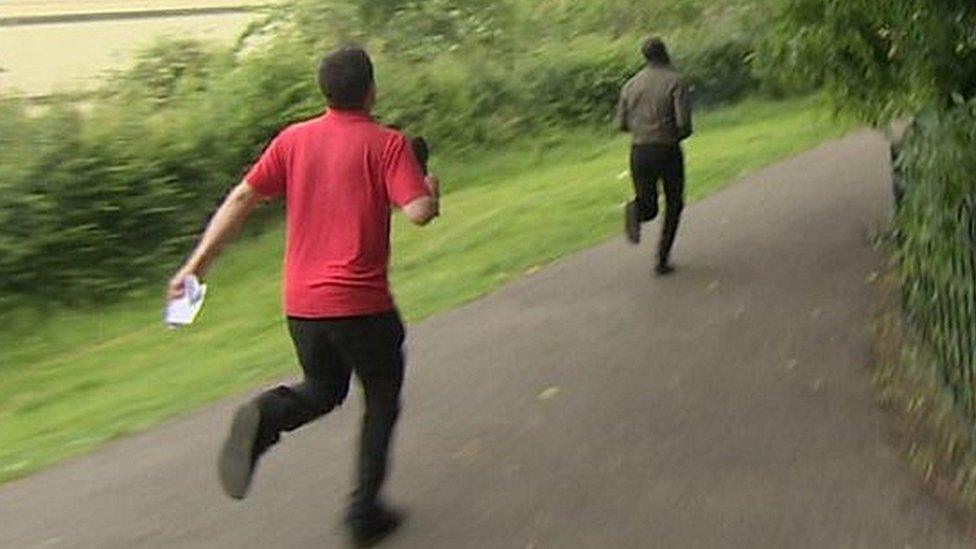
- Published13 April 2017
